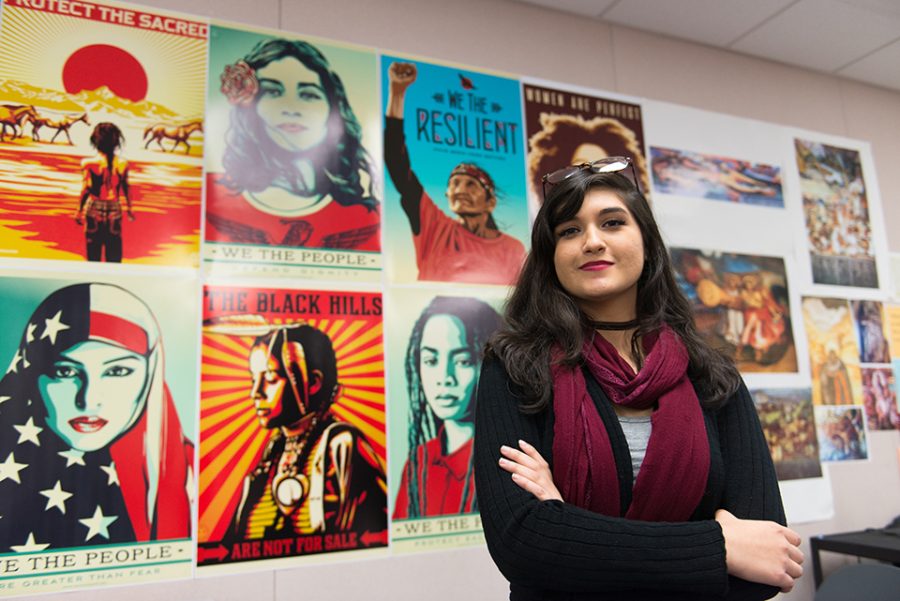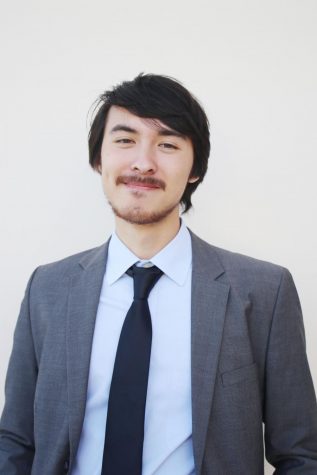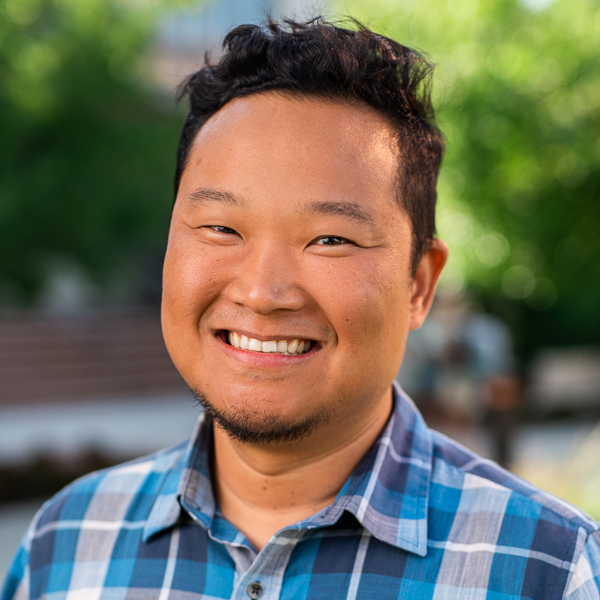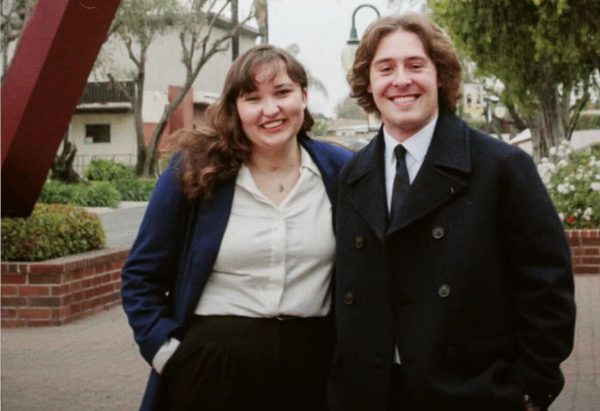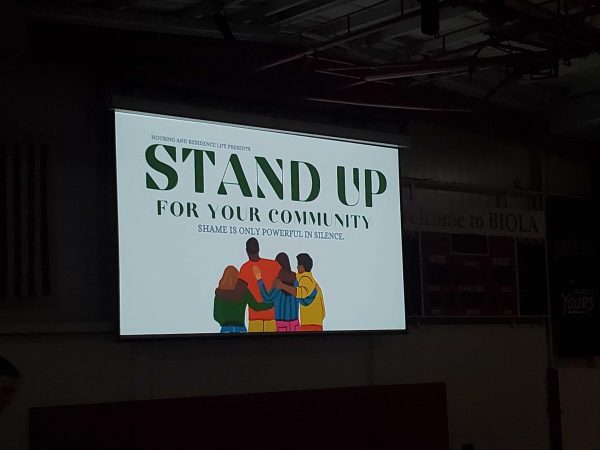A dream deferred
DACA sparks conversation at Biola
September 19, 2017
After President Trump announced his decision to phase out the Deferred Action for Childhood Arrivals program on Sept. 5, students and faculty have started discussing how to respond appropriately.
concerns over policy change
In 2012, President Obama enacted the program, which grants protection to those under the age of 16 who illegally immigrated to America, giving them the opportunity to work and attend college. Many at Biola have voiced their concerns about the effects of the policy change and continue to consider the appropriate response for Christians.
President Barry Corey sent an email to students on Sept. 6 to express Biola’s support of DACA and students who could face deportation if the program phases out without a replacement. In the email, he pledged to implore legislators to pass laws protecting such students.
“If you are one of our undocumented students, please know that you are welcome here, and we will continue to support your educational pursuits as a Biola student. We value you, we believe in you, we want God’s best for you as you grow in Christ and biblical wisdom,” Corey said in the email.
Junior nursing major Ijah Lockett believes administration acted responsibly in releasing the statement. Lockett also attended a special prayer session under the bell tower on Sept. 7, where a green-card student previously under DACA shared her story.
“The fact that she felt even safe enough to come out at a place as public as the bell towers on this campus I think speaks volumes to the importance of support from Biola’s administration,” Lockett said.
I think the university has a responsibility
The campus also hosted public discussions about the issue. Coincidentally, over the summer, Biola invited pastor Josh Smith of Mountainside Communion church to speak during the Biola Hour chapel on Sept. 8. Smith shared his experiences working with undocumented immigrants at the Immigration Resource Center of the San Gabriel Valley and then answered questions from the audience about DACA. With the timing of Trump’s announcement, the chapel offered a unique perspective to an age-old issue.
“When you come to all of these questions, are you coming primarily as a citizen of America, or are you coming of God’s coming kingdom?” Smith said to the audience. “And that doesn’t solve the complexity. It doesn’t make all answers simple and clear or Sunday-schoolish. But it does cause you to just shift a little bit in your priorities.”
Directly after Smith’s Biola Hour speech, students had the opportunity to attend a luncheon to further discuss the topic of immigration. Staff attorney for IRCSGV Jonathan Fung spoke at this luncheon about laws regarding immigration, as well as providing statistics on the immigration issue which faces the nation. In the end, he expressed his gratitude for the willingness of Biola’s students, faculty and staff to support undocumented immigrants and their families.
“I’m thankful that your administration has expressed support for [immigrants] as a whole,” Fung said. “It’s a very private issue… but letting them know that they’re not just supported by administration, but they’re supported by different student groups, even if you don’t know who they are, is also really important.”
Associate professor of modern languages Victor Velazquez lived in Mexico City until he immigrated illegally to America by overstaying a visa when he was 10 years old, meaning he would have been eligible for DACA. With this perspective, he believes the Biola community has a duty to act.
“Biblically, we’re made responsible for our actions toward others, and even for our inaction,” Velazquez said. “We have, a lot of times, good intentions and a good moral compass, but a lot of times we are immobilized and we don’t know exactly how to enact the principles that guide our lives … So definitely I think the university has a responsibility, and we as individuals as well.”


